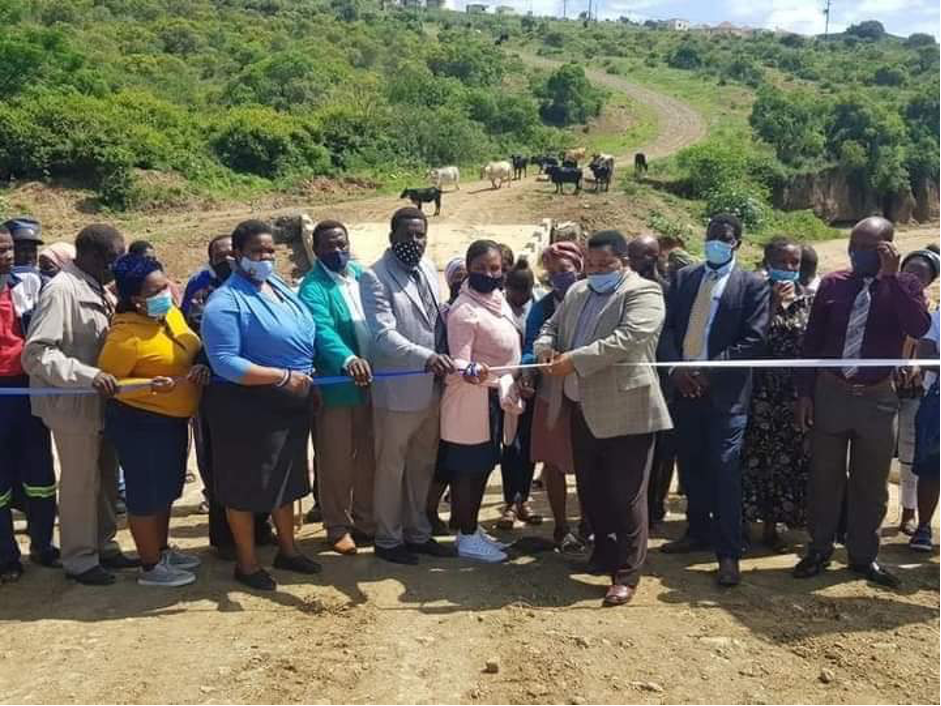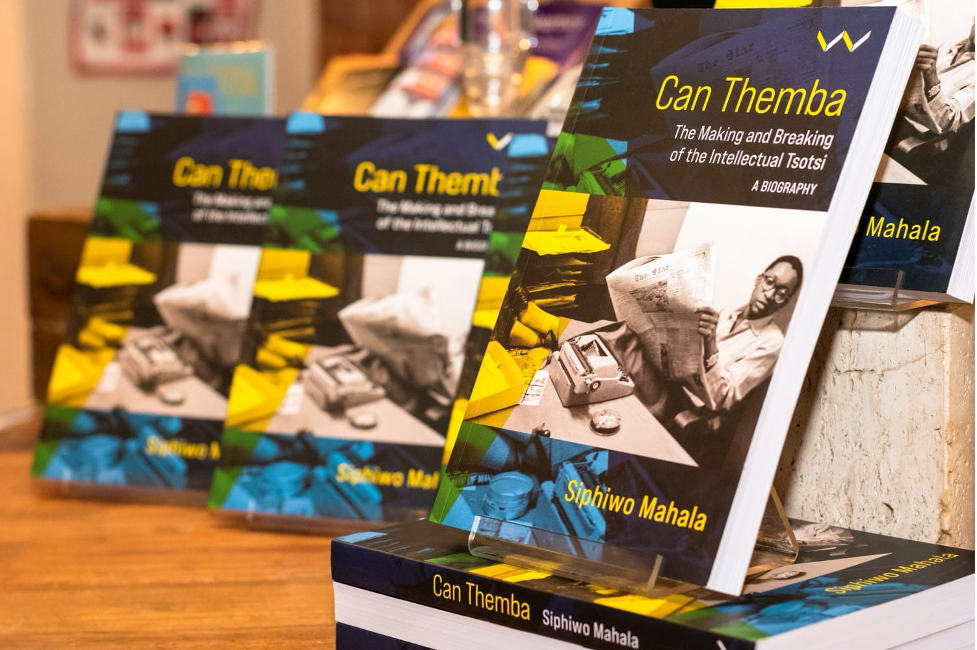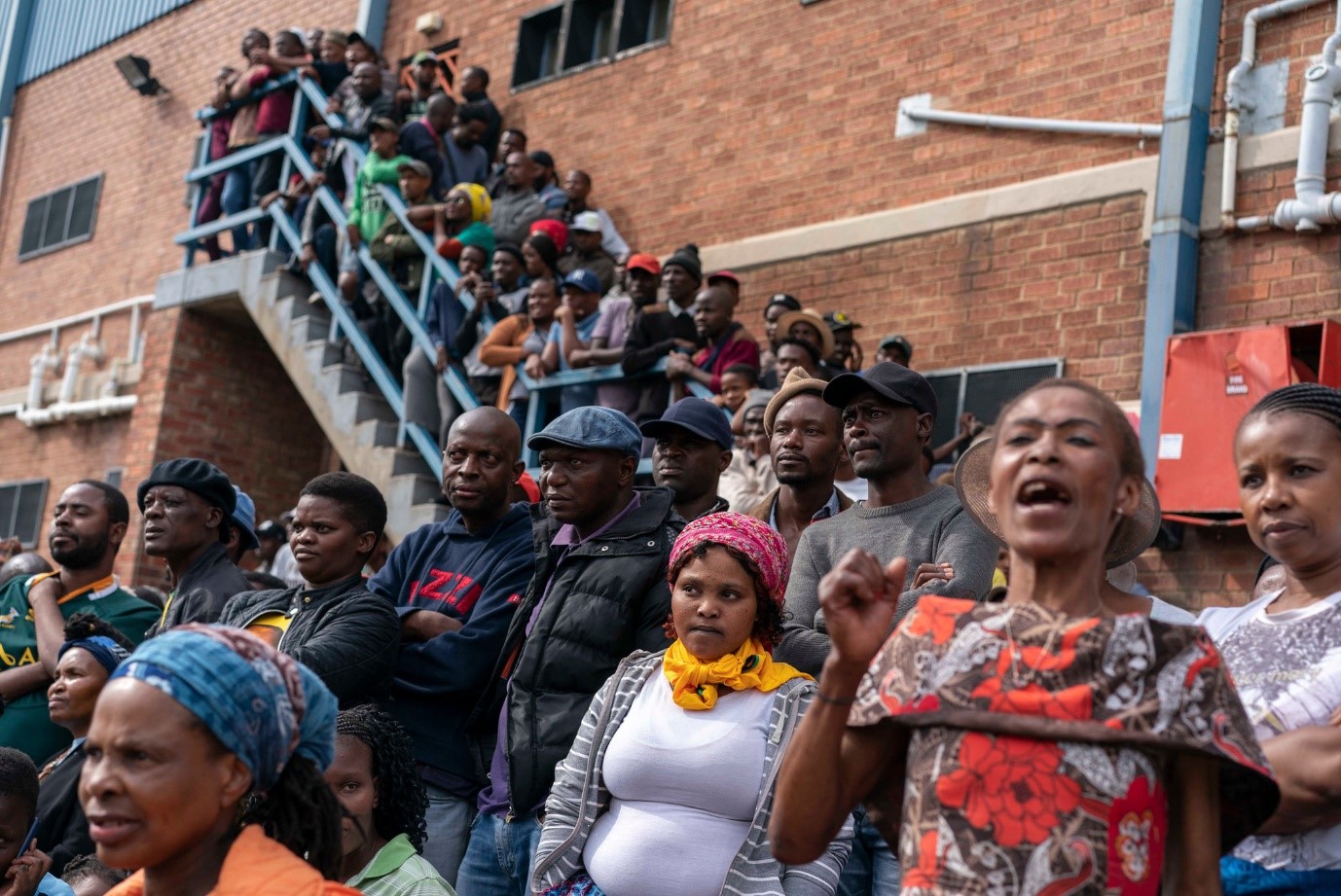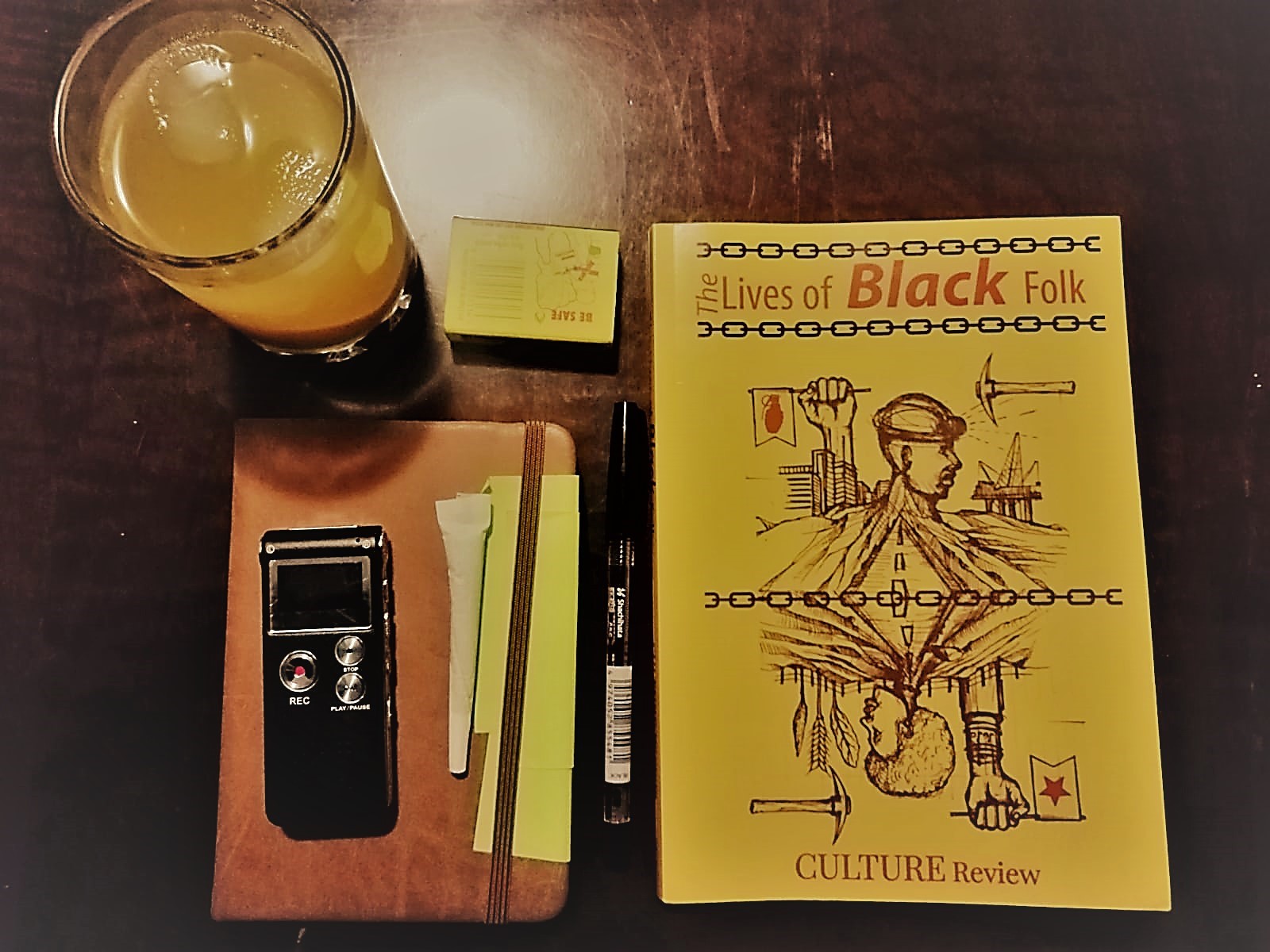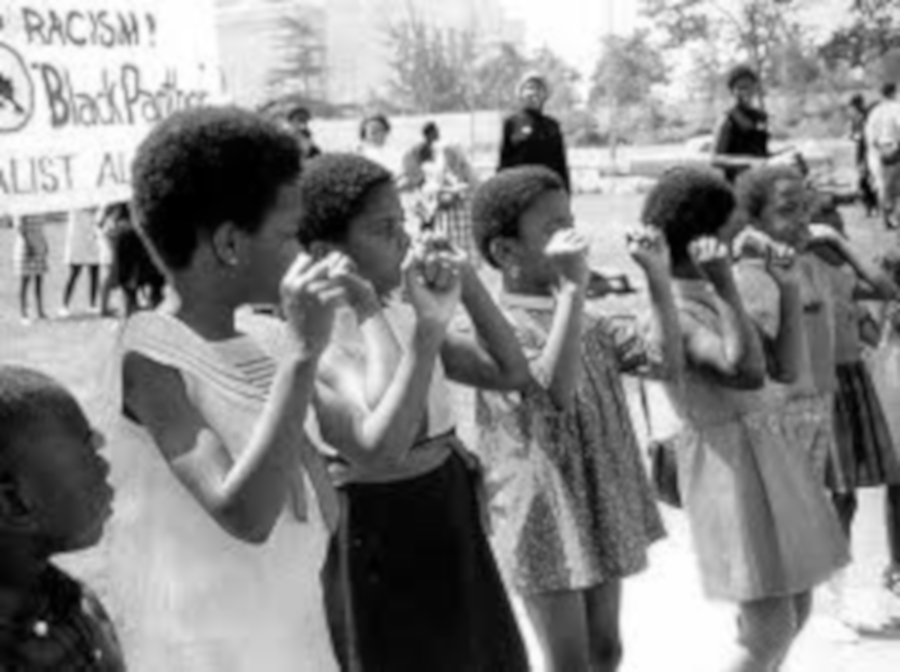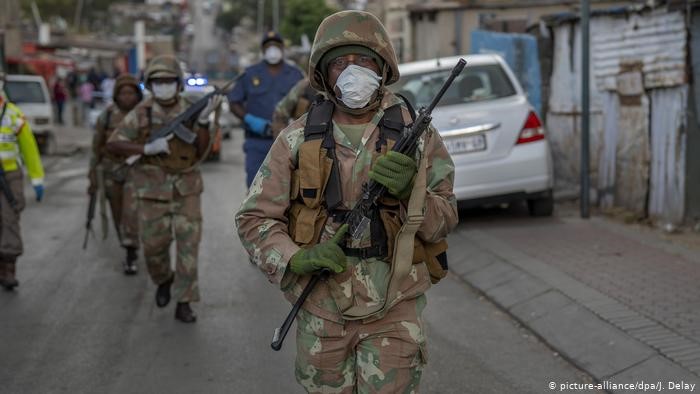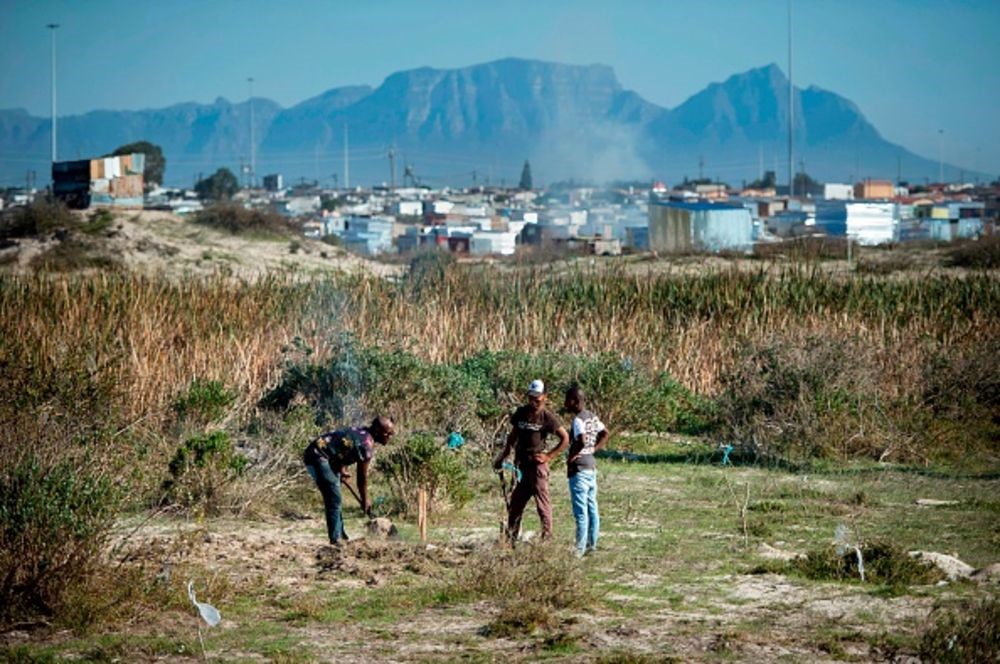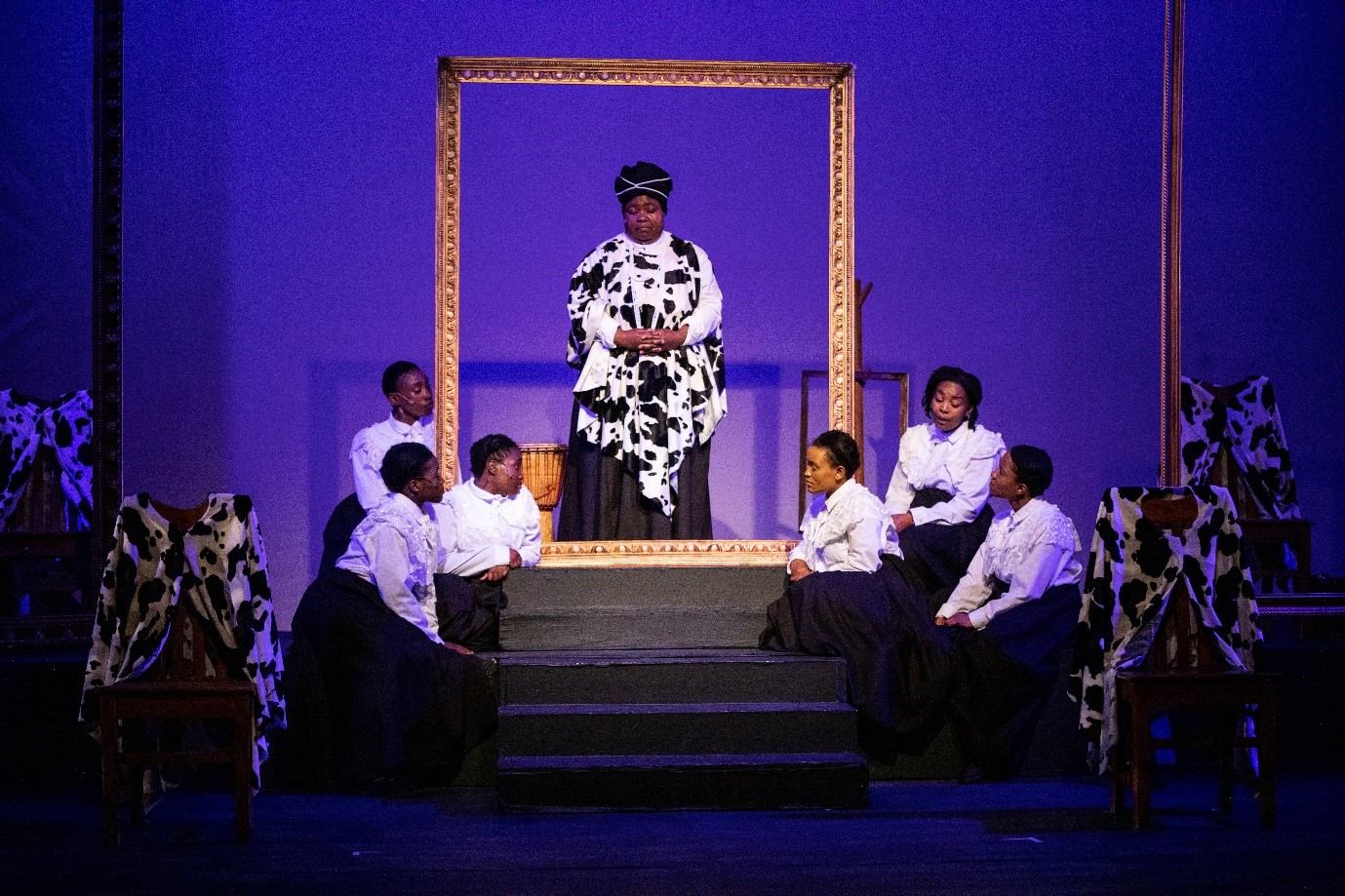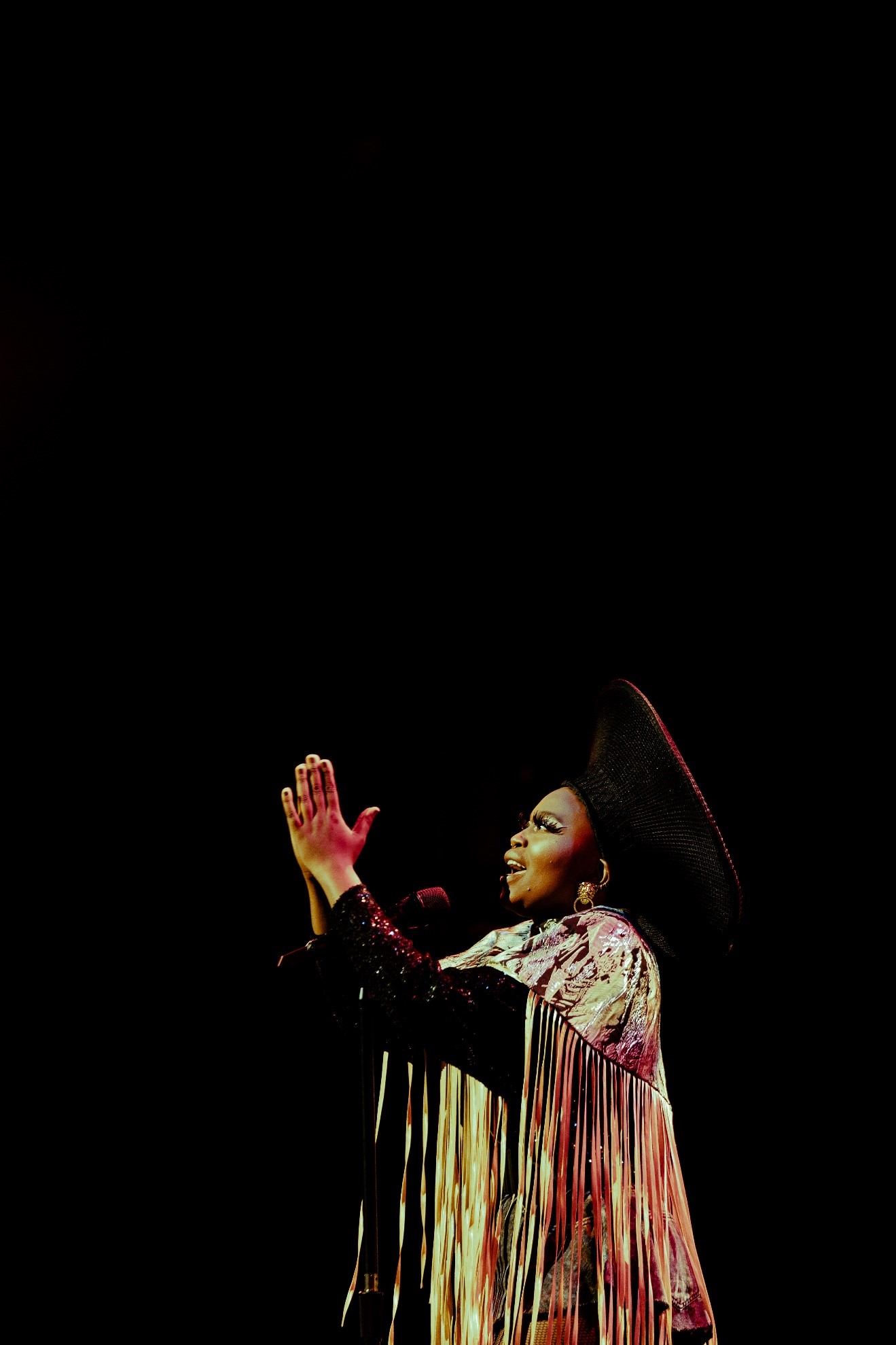The weather, which could not be governed, prepared rather poorly for the party. A great pity. The Mayoral Committee had been planning the shindig for a month, but as soon as the week of the well-advertised ceremony began, rain poured down copiously from the skies for days on end. ‘In our culture rain is a blessing,’ various subordinates kept saying to the Mayor’s face and, strategically, within his hearing the entire morning of the ceremony – until he felt like undoing his tie and strangling someone with it.
The small bridge whose unveiling was the reason for the celebration was impassable from the Wednesday right through to the Saturday of the event. Rain being the cause for the bridge becoming unusable was not, in and of itself, a development that surprised anyone who had set eyes on the structure upon its completion. It had been clear to even the most hopeful observer that heavy rain would render the thing redundant.
This notwithstanding, some important personages had been invited; had confirmed their attendance after much sustained lobbying; a small fortune had already been paid to a ‘cousin’ of the Mayor for the provision of Oros and scones; and the bridge, though wet, was at any rate visible from the nearby patch of ground upon which a makeshift podium and shaky marquee had been erected. On the appointed day the rain had subsided to a light but steady drizzle which seemed to spar with the tentative rays of sunlight making their first appearance in a week – the kind of weather about which our grandmothers used to say that monkeys were getting married, causing the elements to become confused.
As is common to observe at such events, each face in the crowd was wearing a look of practised expectation when the proceedings began. It was important not only to be present, but to look in fact like one was glad to be in attendance. The Municipal Manager was there, you see, with some senior staff from the municipality’s human resources department in tow, and so the facial expressions reflecting interested enthusiasm came quite naturally to the mostly unemployed township and village folk who had showed up. The crowd had exceeded expectations, about a hundred and fifty from a projected one hundred. Up on the makeshift podium the dignitaries sat with a surprisingly solemn air, perhaps betraying the fact that, never mind the joyous day’s momentous occasion, they were people who were usually pressed by matters of public office much weightier than the present circumstances could lay claim to.
Nothing could take anything away from the event, however. It wasn’t every day that officials from national government accompanied the Mayor, and indeed the ‘opening’ of a new bridge, all three and a half metres of it, was an even rarer occurrence in such remote parts. Food and drink were rumoured to be in bountiful supply, but of course listening respectfully to several speeches was the price the grumbling stomachs would have to pay for their keen interest in the refreshments to follow.
A poet, who had chosen for his theme the stunning achievements of the ruling party, stole the show when, at the end of his poem, he got the crowd to chant along with him, ‘Come and see / Come A and come B / Oh come and see / Come C and come D / Come and behold / what the Congress of old / has done, has done’… many times over. A popular drunk who everyone called Bra Zest, who never missed these kinds of events, sprang to his feet and fashioned some kind of energetic dance as this mantra was taken up. The widespread appreciation of his spontaneous jig was dampened a little when his exertions elicited a loud fart that threatened to rip through the threadbare fabric of his raggedy overralls. Some people laughed good-naturedly and others jeered uncharitably but the look on Bra Zest’s face did not stray from the glee with which he had trained it.
It was then that the Minister of Public Works, moved no doubt by the catchy mantra and the crowd’s bellowing of it, personally got up to thank the poet and handed over to him what looked like a thin wad of notes. This gesture was carried out with the kind of crouching stealth suggesting the transaction could be concluded secretly – even though it was carried out in full view of such a throng of onlookers – and the deed instantly set the crowd abuzz. The news which spread through the gathering quickly formed a whispered but widespread consensus that the notes were of the R200 denomination.
Some prayerful women in the crowd, bringing their hands together to clap for this act of generosity, also let fly some glories and some hallelujahs. Ma Edith Mvelase, her elaborate headgear marking her out in the crowd as one of the more distinguished attendees (never mind that she was not seated with the dignitaries), gestured towards the stage – staking her claim to belonging more up there than in the dust and sweat of the bodies jostling down below.
‘He is like that,’ she noted loudly. ‘The Minister is like that.’
‘Even last time when we welcomed the Premier, he did just that to a little girl who gave a speech. God bless this generous man,’ she said, fanning herself with a folded-up newspaper as impressed eyes and ears took her words in. Unfortunately the Minister’s generous gesture resulted in the poet launching into another round of his repetitive stanzas, causing the Mayor, who was next up on the list of speakers, to frown with displeasure and give the excitable reciter a warning look.
In truth the Mayor was more upset with the Minister of Public Works than he was with the beaming poet. He felt that the former’s largesse was a thing he ought to have thought of first, as someone whose heartbeat was more in tandem with those of the local people in attendance at the gathering. The Minister’s temerity in coming to his constituency and then putting on a show of generosity intended to make himself shine was… quite inappropriate. ‘Did he give any thought to what light this little performance of his puts me in,’ the Mayor thought, fuming?
A local choir in matching black skirts and mustard tops took to the stage, apologising that some of their members had been unable to make it due to rain-damaged village roads, and after they rendered two rousing hymns it was the Mayor’s turn to speak. Feeling like he was definitely lagging behind on points, what with the Minister throwing bank notes around, he took to his speech with a gusto that was quite unlike him.
God is good!’
And the crowd roared back, ‘All the time!’
‘All the time!’
‘God is good!’
The call and response had become a trademark of the Sundays (most of them) during which Mr Mayor acted as MC at his local church, and he sometimes remembered that the thing worked equally well with crowds of a more secular motivation. But he was a man of quick and volatile temper, and thinking of how the Minister had just upstaged him in his own backyard caused him still to seethe with rage. He swallowed hard, took a deep breath and looked out through the blurry eyes of one truly, if only inwardly, incensed.
‘This young man,’ the Mayor began, pointing towards the poet, who had descended the stage and was standing in the front row of the gathered throng. ‘This young man, you will all agree with me, is one of the most gifted sons of our community.’ There were murmurs of approval and a general nodding of heads. A few eager hands tried to get a more convincing round of applause going but it petered out because the Mayor refused to pause and give it room.
‘Honourable Minister,’ he continued, turning to cast a fiery look at the smiling member of the Cabinet, ‘it comes as no surprise that you would be so impressed with the young man’s, eh, way with words… In fact my wife and I were just discussing, just before we came here, when to hand over the gift we got him on our last visit to the capital…’
‘Young man,’ the Mayor pressed on, wagging a mock-threatening finger in the direction of the poet, ‘after this you must come to the residence, because your brand-new laptop is waiting for you there.’
There was a momentary hush that fell across the gathering at this instant. Confusion, really, arising from the fact that the Mayor was actually a notoriously stingy man. But the Mayor’s wife swiftly stepped into the gap before any seeds of doubt could begin to cloud the moment. Almost startling the Minister’s speechwriter, a pretty young woman who was present everywhere the Minister went, Mrs Mayor, as she liked to be called, leaped up from her seat and shouted an, ‘Ah! But daddy, we were supposed to give it to him at church! I thought we had agreed!’
At this a state of near-pandemonium ensued, lasting well over a minute. The poet, doubtful and hopeful all at the same time; feeling that even if there was no laptop there would now somehow have to be one, had shot up an arm and clenched fist of jubilation – whereupon he was seized by many hands and hoisted aloft. This carrying-on, making the poet the momentary centre of attention again, might have in fact continued a little longer if one of the Mayor’s bodyguards had not had the presence of mind to shout into one of the microphones a little to the left of the Mayor.
‘Put him down!’
The order was given with so much force that the hands seeking to obey did not have time to think about a soft landing for the hero of the minute, so that the poet landed rather awkwardly and had to put out a hand to break his fall.
‘You see,’ said the Mayor, attempting to take charge of the proceedings once more.
‘Look how you have almost injured our prized asset, our treasure. Are you people jealous or what?’
This last, the question, was posed with a bit of a chuckle, and the crowd laughed along at the joke. But the Mayor was determined to deal with this unplanned, unwelcome lionisation of the poet once and for all. He bellowed into his microphone:
‘First Aid! Where is First Aid here when you need them? Where are these people? First Aid!’
And as the uniformed first-aiders appeared running from a nearby vehicle, two other bodyguards had already taken hold of the poet and were marching him towards the assistance.
‘Yes, yes,’ said the Mayor in his most reassuring voice, feeling like he was regaining control of the situation at last. ‘Just… check his arm. I’m sure he’s alright but… check his arm. I see you people are trying to kill the young man on his lucky day,’ at which joke the gathering again burst into laughter, relieved that their Mayor had retained some of his humour and was sharing it with them.
It was this burst of laughter that woke the Minister of Public Works up for the umpteenth time since he had been escorted to the red-and-gold gilded chair reserved for his use on this occasion. He looked around stiffly, self-consciously, because those who awake to laughter often suspect that they are the butt of whatever joke is going around. The Mayor was clearing his throat and saying how delighted he was that ‘a whole national Minister would take time off his busy schedule, not to mention travelling all the way to our own little humble corner in this great land, truly, such an honour…’ and so on.
As he droned on, repeating oft-used phrases he had no need to rehearse (but was always happy to rehash, one might add), the Mayor locked eyes with his wife while turning half-around to acknowledge some in the Minister’s contingent. A brief moment, to be sure, but there was no mistaking the questioning annoyance in the glare she shot back at him. ‘How the hell are we leaving here indebted to this boy for a non-existent laptop, and where will we get the thing? You are messing up my budget,’ the look said fleetingly, before melting into warm and motherly enquiry of the pretty speechwriter, if the wind and dust were not too much for her and would she not like a shawl to cover her shoulders and perhaps face? No need for Mrs Mayor to listen to her husband’s speech, she had heard that kind of thing a hundred times before.
As twenty minutes slowly started edging closer to thirty and the Mayor continued to rattle off the achievements of his administration, Pastor Agrippa Khumalo, one of the more aggrieved of the community members in attendance, had found an outlet for his frustration. He was heard shouting from the direction of the van to which the first aiders had escorted the uninjured poet.
‘Heal! Heal! In Jesus’ name! Heal! …’ could be heard competing with the Mayor’s monotonous speech, which was then rattling off numbers and percentages that could hardly be of interest to the increasingly restless crowd. How to tell the thundering cleric to quieten down was a task that even the Mayor’s bodyguards didn’t seem too keen on.
Indeed, Pastor Agrippa Khumalo had every reason to feel aggrieved on this occasion where, for reasons no one had explained and quite against the more-or-less established practice, there were important dignitaries attending a municipality event and he was not one of the personages up on stage. He had the poet in what looked from a distance like a chokehold, clasping him tightly from behind so that the apprehending arm also had hold of the young man’s shoulder, and was shouting his pleas for healing ‘if anything is broken’ at the top of his voice.
‘Heal! Heal! Heal! …’ the man of God continued determinedly, and it began to dawn on the Mayor that a speedy intervention was required.
‘Ah, Mfundisi! My very own Pastor!’
The clergyman’s tight hold on the hapless, grinning poet eased a little.
‘Mfundisi, you are here!’
And the offended preacher’s grip on his victim-cum-patient softened a little more.
‘Why didn’t anyone tell me that the Man of God is here,’ the Mayor demanded of no one in particular.
‘Where is a chair,’ the Mayor continued, looking about him on the stage.
‘Mfundisi! Please come up!’
Pastor Agrippa Khumalo let go of the poet, who was now quite annoyed despite the R200 notes lining the back pocket of his African-print pants. The preacher began to march quite triumphantly towards the podium.
‘Please take a seat, my father,’ the Mayor implored as his Pastor bounded up onto the stage. ‘This man is my spiritual father,’ the Mayor further intoned.
‘I was beginning to wonder who would close for us in prayer.’
But in his heart, which sometimes forgot the necessity for certain kinds of strategic alliances, the Mayor thought, ‘This man is very forward. He is getting too big for his boots.’ Still, the Mayor accepted the fact that his Pastor would now indeed have to deliver a closing prayer even though no such item had been planned for the day. It was also whispered to the Mayor by one of his bodyguards, just as he resumed his seat having finally ended his long-winded speech, that the scones and Oros provided for refreshment of the rank-and-file were looking quite meagre for the size of the impressive crowd.
As his face clouded over with irritation, the Mayor thought quite decisively that this ‘cousin’ (one of many girlfriends he had amassed since the beginning of his tenure, truth to tell) was a greedy little woman who would not in future benefit from any of the municipality’s events and projects. Quite naturally, this moment of annoyance did not coincide with any remembrance on the Mayor’s part that he had pocketed half of the money paid to this young woman, which percentage he had demanded she pay into one of his personal accounts on the very day she had received payment from the Chief Financial Officer.
Pastor Agrippa, when his moment in the spotlight finally arrived, was not the kind of man to not make full and even extra use of it. He began his prayer by observing that the Holy Bible admonishes all good Christians to forgive not only their enemies, but also their friends.
‘You alone know, oh Lord, that we who have humbly dedicated our lives in service to your gospel… have not done so out of any desire to be personally rewarded… or recognised. We are happy to serve in the cause of your great kingdom… but we do so not out of any personal ambition. And I know, my Lord (here he began to raise even further his already elevated voice) that it is only your Holy Spirit that would remind a gathering of your children, like this one, that the event should not begin or even end without prayer… to proceed without calling on your holy name to guide us all!’
The Mayor, who had been listening keenly to the direction the prayer was taking, beginning to feel a little discomfited, felt at last quite attacked. So, Pastor Khumalo, instead of being grateful that he had been called up to the stage and given the microphone for the closing prayer, was still taking digs at those who had dared to not put him on the programme to begin with?
But Pastor Agrippa Khumalo was not done. Never one to let an opportunity go abegging, the cleric now switched focus to the National Minister of Public Works who was, praise God, in their midst. And he turned his attention on the Cabinet Minister with the full might of prophecy.
‘My God! My God!’
Emotion seemed to choke his voice while never for a split second compromising the volume thereof – the impassioned electricity of the moment causing one of the brethren in the crowd to begin a loud liturgy in tongues. This latter’s loud babbling threatened to dwarf even Pastor Agrippa’s shouting. An old woman near the speaker of heavenly tongues began to weep uncontrollably for reasons still unclear even as I write this, dear reader. These last two interruptions caused the Pastor to pause momentarily, lest his prophecy concerning the Cabinet Minister be lost in the tumult. That would be most inopportune.
‘My God!’
He began again, lifting both hands to the sky in supplication and surrender.
‘It is only with the gift of your blessing… which makes us see further than men’s eyes can see… that I can say today… in this hidden corner of the country… without a shadow of doubt… that we are indeed in the presence of a future President of this country!’’
At this there broke out from the general assembly a loud chorus of hallelujahs mixed in with different exclamations of surprise, shock, and awe. Some youths at the back, who were busy drinking cheap wine on the sly, began to whistle and ululate. The Minister, of course, knew the kind of game that was being played. It was the kind of obsequious arse-licking he had become accustomed to. Nevertheless he allowed himself a glancing moment of irritation, simultaneous with grinning acknowledgement, at the performance.
Now, if anyone had caught sight of the poet at this point in the proceedings (which, dear reader, you are in the fortunate position to do), such a person would have noted that the fellow was sulking a bit. All attention, you see, had now been removed from him, even the unwelcome ministrations of the Man of God, Pastor Agrippa Khumalo. Also, the poet had begun to think very seriously about how he would get his hands on the promised but probably non-existent laptop. Something more ought to accrue from his spirited performance on the day, the poet felt, in addition to the R200 notes in his back pocket.
But we must briefly get to the question of Oros and scones, especially because the plentiful supply of these comestibles was the main drawcard for the majority of those in attendance. Unfortunately it turned out that the Mayor’s ‘cousin’ had indeed been rather greedy in how she had utilised the half of the budget that was available to her. A sense of general disquiet, rising audibly to vocal disgruntlement from some of the braver ones in the crowd, spread swiftly through the expectant throats. The scones being lugged forward into the crowd in large transparent plastic bags did not look like they could feed a crowd of fifty, let alone the one hundred and fifty mouths and stomachs present.
Even worse, it soon became apparent that the Oros had been diluted only for the illusion of colour and not, as the gathered throats had expected, for any sweetness in the taste. Indeed, as the dignitaries prepared to dismount the stage and head towards their impressive motorcades, which would transport them to the Town Hall where the food prepared would doubtless be of a much superior quality, the disappointment of the crowd in the refreshments that had been prepared was palpable.
The poet, flush with the cash in his back pocket and looking forward to popping into the KFC by the garage at the corner beyond which the dirt road to the township began to snake between rank weeds and wild, overgrown grass, took a sip of the watery Oros and promptly spilled out the contents of his paper cup, snorting with contempt. ‘They can’t be serious,’ he hissed to no one in particular. But inwardly the poet could not help feeling that he’d had, to all intents and purposes, a productive day.
He felt strongly, you see, that the promise of a laptop needed to be brought to a speedy conclusion. Unfortunately, or perhaps just without timing, he resolved that the Mayor’s favourite bodyguard was the first person who ought to assist him in the endeavour. Immediately. Whereupon his perfectly reasonable inquiry about when to pop in at the Mayor’s house was met with the most unexpected aggression. Firstly, he was sent hurtling backwards with a firm push from the man’s extended arm and open hand.
‘Why are you asking me? Why don’t you ask the man himself? You need to learn how to relax…’
This reaction struck the community’s bard as a great injustice. When he tried to interject with an entreating ‘But chief’ – things just got worse.
‘Get out of here you boy!’
Their enmity was sealed in this last statement of dismissal. This last act of unwarranted violence. The poet’s eyes watered in the face of the repulsion. The insult.
‘They think we are nothing because they are in power. They don’t respect the people.’
In his moment of blind silent fury the poet was quite convinced that this assault on his personal dignity, not to mention the apparent sabotaging of his prospects for material gain, were literally the embodiment of the ruling party’s ‘contempt for the people.’
It might not be necessary at this stage to go into detail about the fact that the poet was himself a rather conceited fellow, spurred on and driven mainly by self-interest, and that the events of the day merely brought to the fore certain qualities intrinsic to the man – particularly his tendency to magnify every little personal slight into a matter of life-and-death.
Later on, when the poet’s mother came to his backroom, having heard him arrive, and asked him how the day had gone, he had to quickly hide the bullet-packed piece of cold steel whose hard lines he was busy tracing with the fingers of his left hand while holding it with his right. He had found the gun some two months back – during a Sports Day celebration, hidden in the grass near the non-descript little stream running behind the south-end of the community’s only football field. He had been cradling the thing, caressing it, thinking, hey, these bodyguards think they are the only ones with metal heat. I’ll show this one. He doesn’t know me very well. You can’t push me around like that, in front of the people.

